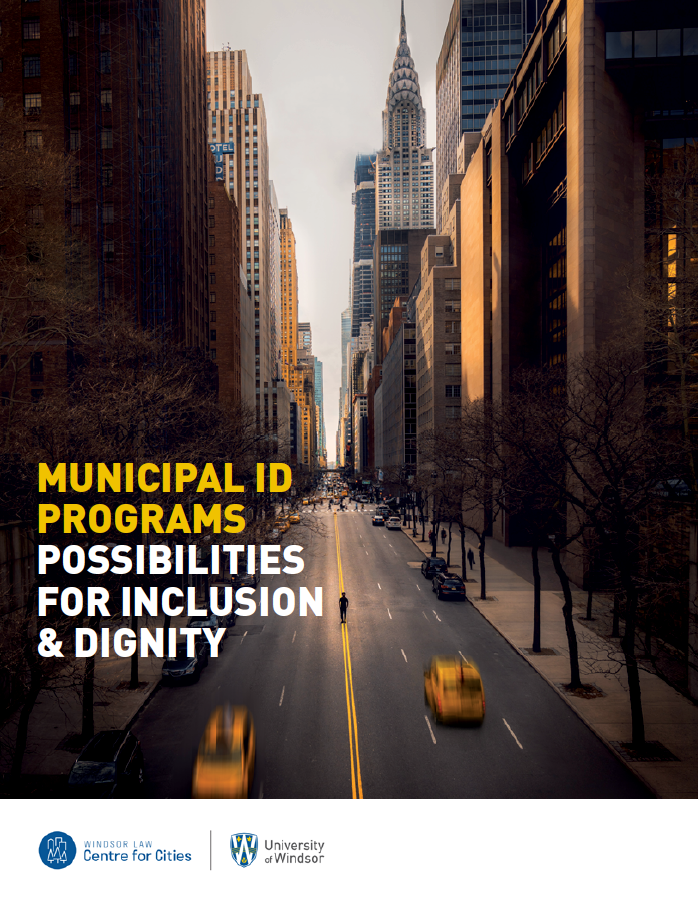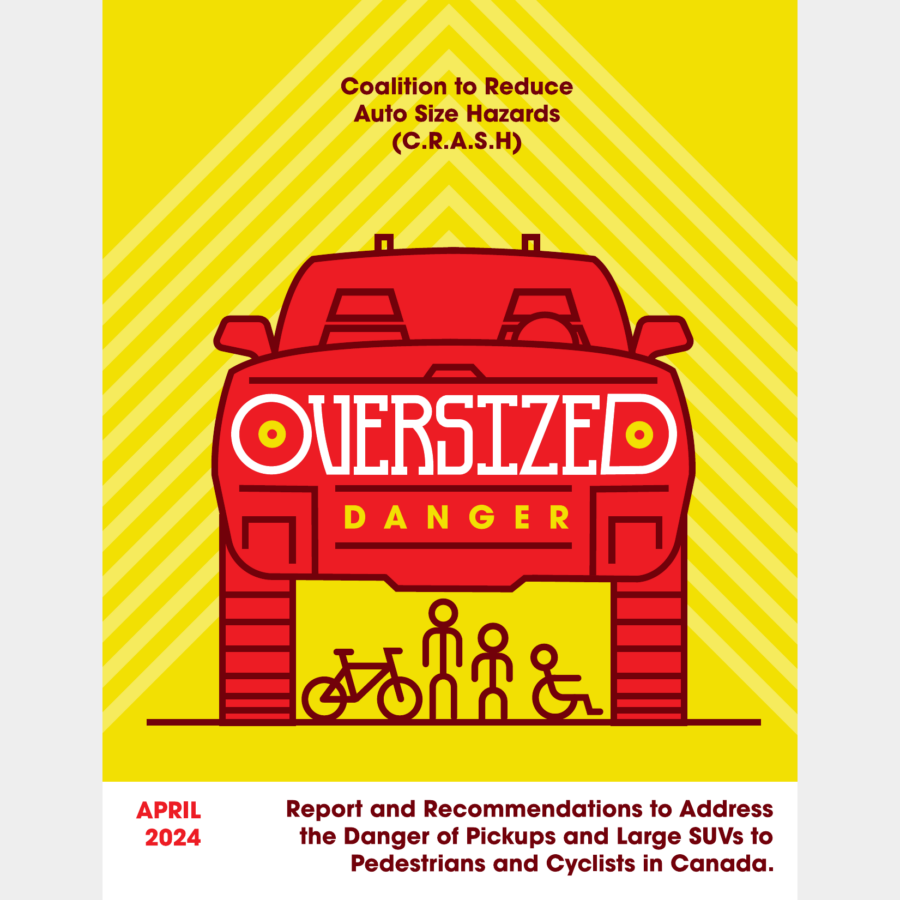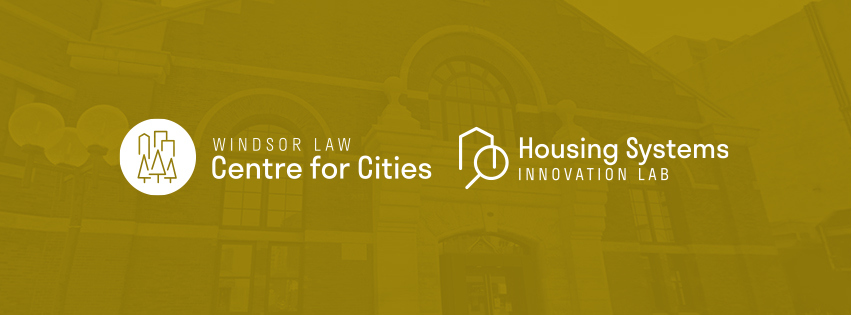
Municipal ID Programs: Possibilities for Inclusion & Dignity
(26 September 2022) The Centre for Cities at Windsor Law has released a new report on municipal ID programs.
Report co-authors are Gemma Smyth (Associate Professor, Windsor Law) and Andrew Pace (3L Dual JD student, Windsor Law and Detroit Mercy School of Law).
What is a Municipal ID?
First implemented in New Haven, Connecticut in 2007, a “municipal ID” card is issued by a city or town. In addition to servicing as identification, municipal IDs allow, at minimum, access to municipal services such as libraries, museums, art galleries, sports facilities, and so on. They can also be used as access or discount cards for local businesses. Others are used as prepaid or full-fledged debit cards. They may be issued by a municipal department alone, or in collaboration with a local nonprofit.
Why a Municipal ID?
Communities adopt municipal ID cards to address a wide range of barriers and to coordinate access to services. For example, municipal IDs might be helpful for people who are homeless, youth exiting foster care, older adults, transgendered people, youth, people without immigration status, people who can’t afford to replace their ID, and many others. The initial impetus to start municipal ID programs where they have been launched has differed depending on the needs of each community and its populations. Shared among these communities is the desire for full inclusion, harm reduction, and safety for all.
The report reviews municipal ID programs in various American cities as well as in Montreal, Canada. These cities vary in size, population, urban density, location, as well as in the types of services included in each program. Case studies include New Haven, CT (the first city to have a municipal ID program), New York, NY (the largest municipal ID program), Detroit, MI (a border city), Montreal, QC (the only current Canadian municipal ID program), and Greensboro, NC (as an example of a municipal ID program led by a faith-based organization).
Best Practices
While what makes an effective program varies based on local needs, there are a few best practices that can balance legitimate concerns about privacy and safety, alongside maximum access to programs and services.
Widespread Use
A vital component of a municipal ID program is being comprehensive enough to encourage widespread participation. When cards are solely issued to, for example, people with precarious immigration status, cards can serve to identify these groups in unhelpful or unwelcome ways. By contrast, fully-fledged programs can include outreach and take-up by museums, libraries, municipal programs, businesses and diverse faith and cultural groups.
Business & User Outreach
One essential part of higher card uptake is outreach to businesses and many diverse user groups. Greater investment in outreach results in broader use of the card and greater chance of uptake in a wider community. Municipal investment has resulted in opportunities to partner with a wide array of businesses, to offer more expansive services, and to conduct outreach to many different communities. Ideally, a municipal ID program includes both small and large business participation. For example, the New York municipal ID program partnered with multinational corporations such as Costco and YMCA, as well as small local shops.
Financial Services
The first American municipal ID program, the Elm Resident Card, was in part created to address issues of access to financial services. Over time, some banks and credit unions have accepted municipal ID in order to open a bank account. The Oakland ID program partnered with MasterCard and a bank to allow the card to double as a MasterCard debit card. This can be very helpful for people at higher risk of theft.
Privacy & Data Security
Most importantly, municipal ID programs must also be designed with security and protection of private data in mind. This can be done in several ways, the most effective being reducing the amount of information gathered in the application process and disposing of personal information once it has been used. Concerns about privacy can result in suspension of a program. For example, the Detroit ID program was temporarily suspended in July 2022 due to concerns over potential data leaks to US Immigration and Customs Enforcement (ICE). There has been no confirmation of data sharing at this point, but the concerns raised by advocates and cardholders in Detroit affirm the need for solid data security strategies.
Conclusion
In sum, while municipal IDs have significant potential to increase access to services and support businesses, they require investment and careful planning to ensure safety and security of all users. When well-designed and meaningfully implemented, municipal ID programs can improve access to basic services for people with precarious immigration status, provide a stop-gap measure for people who lose their identification, increase efficiency for municipal services seeking a “one stop shop” approach, and support local businesses. It is certainly not a panacea for the complex barriers facing many communities; nonetheless, it can serve as one step toward inclusion.



